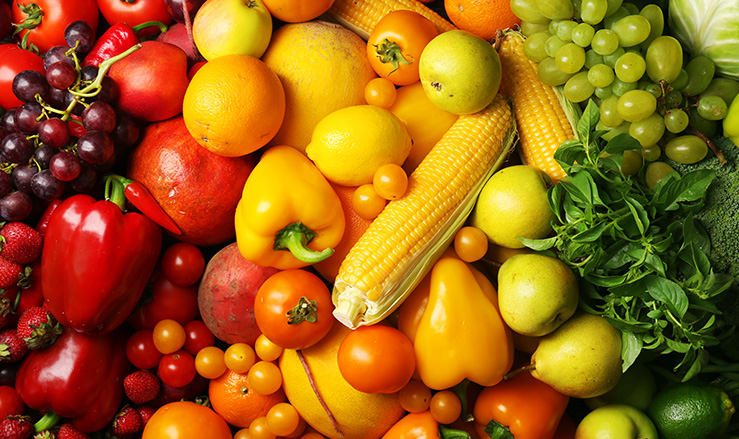A folic acid supplement of at least 400 micrograms daily should be taken ideally for three months prior to conception, and for the first three months of pregnancy. This significantly reduces the risk of neural tube defects (such as spina bifida) in your baby. A multivitamin containing iron, calcium, folate, iodine etc. should be taken throughout pregnancy, and ideally for the duration of breast-feeding.
A balanced diet is recommended throughout pregnancy, with appropriate serves of complex carbohydrates, fruit and vegetables, lean protein and dairy products. For further information on healthy eating in pregnancy, please go to: www.eatforhealth.gov.au.
Listeriosis
- Listeria is a bacteria found in food that can cause the infection Listeriosis
- Pregnant women are more susceptible due to a suppressed immune system
- Listeriosis in pregnancy is still very rare, with around seven cases reported in pregnant women each year in Australia
- The risk of infection is highest in the third trimester
- Symptoms of listeriosis include headache, fever, nausea, vomiting and diarrhoea, and rarely septicaemia and meningitis
- Infection in pregnancy can have profound implications for the baby, including growth restriction, pre-term birth and stillbirth
The risk of infection during pregnancy is significantly reduced by avoiding the following foods:
- Processed deli meats (responsible for ~ 40% of cases)
- Soft cheeses, ie. Brie, blue cheese, Camembert, fetta, ricotta
- Cold seafood, cold smoked seafood and raw seafood
- Paté, unpasteurised milk, soft-serve ice-cream
- Pre-packaged salads, pre-cut fruit, seed sprouts
- Food that is heated until steaming hot before eating is considered safe
- Ensure that all food is washed and stored appropriately, and that hands are washed thoroughly prior to food preparation
- Eat left-overs within 24 hours
- For further information, please go to www.foodstandards.gov.au
Other foods to avoid
- Raw / partially cooked eggs, including freshly made mayonnaise (Salmonella)
- Raw / undercooked meats, unwashed vegetables (Toxoplasmosis)
- Fish that are high in the food chain – shark, swordfish, marlin etc. (Mercury)
Alcohol
- There is no defined safe level of alcohol consumption during pregnancy, so abstinence is recommended.
Caffeine
- Caffeine intake should be limited to 300mg per day
- A standard brewed coffee contains 80mg, a short black 110mg, an instant coffee 60mg, a cup of tea 25mg, and a can of Coca Cola 50mg

